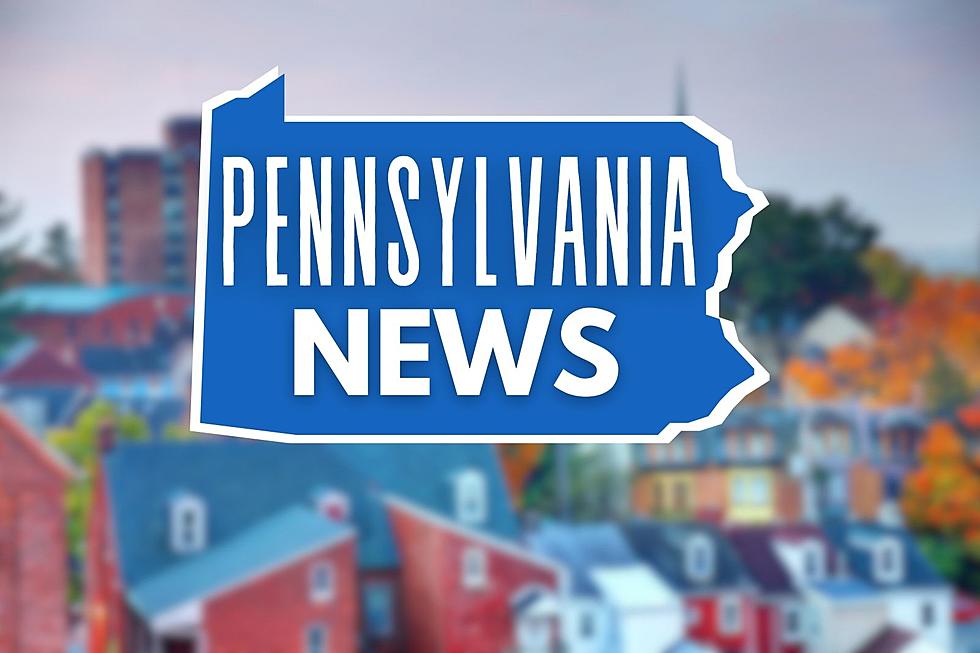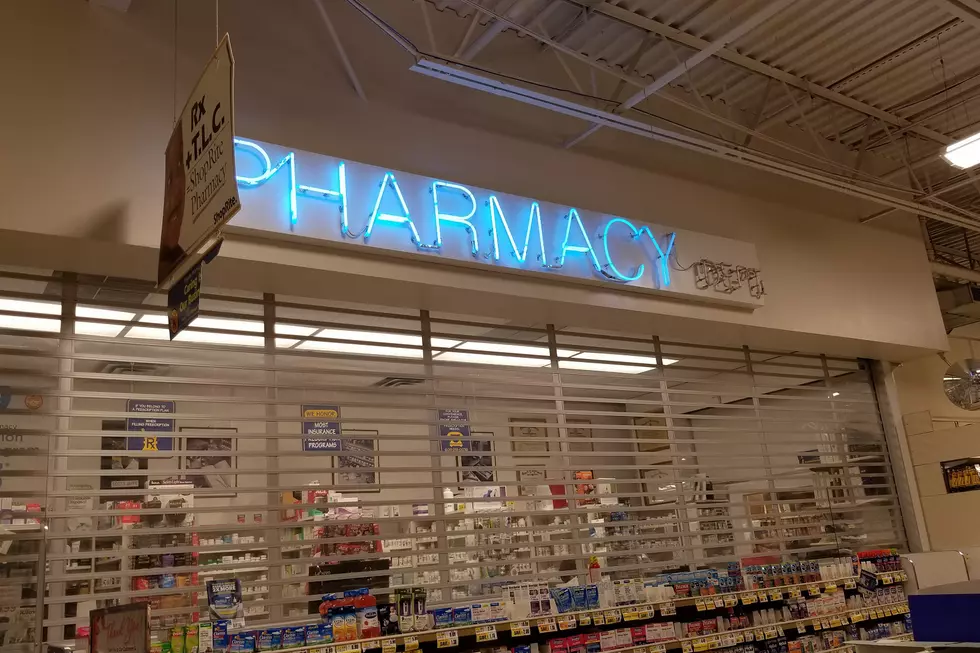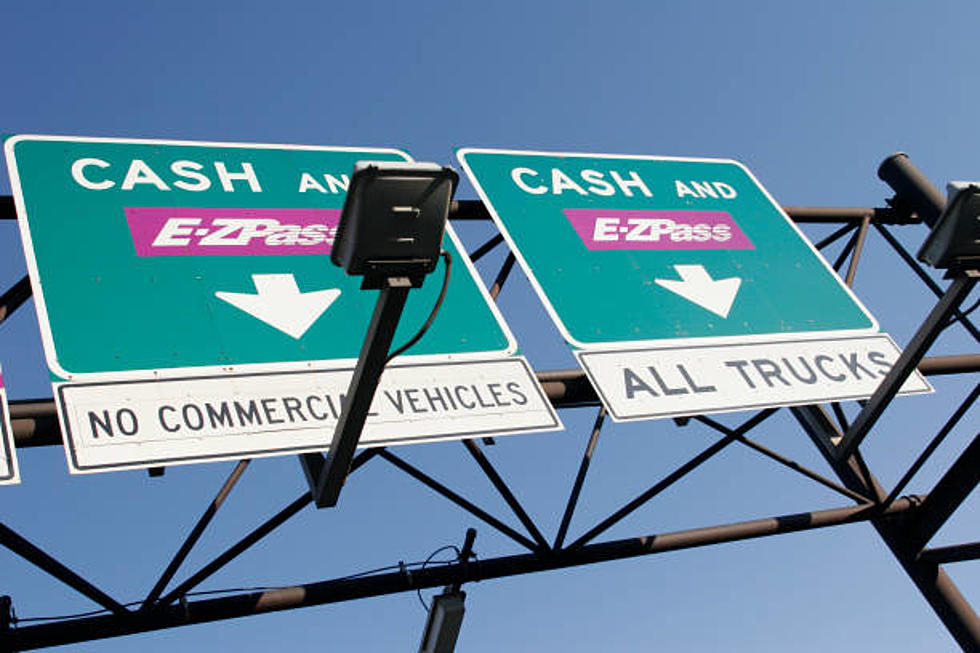
Report: Billions in subsidies go to polluting Pennsylvania plant
(The Center Square) – Though state governments promise all sorts of benefits when they offer tax breaks to a factory, the financial help rarely gets revoked if environmental rules get violated.
A new report from the Environmental Integrity Project found that, among 50 plastics plants built or expanded in America, 64% have taken government subsidies and 84% have violated their air pollution limits.
Those plants have pocketed $9 billion nationally in various subsidies.
“Too many of these companies frequently violate their air pollution control permits, often releasing hazardous chemicals that risk the health and safety of nearby communities,” the report noted.
Much of the growth in the plastics industry centers in Texas and Louisiana – the largest subsidy, $3.5 billion, went to a petrochemical plant in Lake Charles.
The second-biggest payout, however, was $1.7 billion siphoned from Pennsylvania taxpayers. Those subsidies and tax breaks went to Shell for an ethylene and plastics plant near Pittsburgh.
While the subsidies are meant to goose job creation and spur other industrial projects, pollution levels aren’t a consideration.
“As is true in the other states, Pennsylvania does not tie the subsidies to environmental permit compliance,” the report noted.
The companies getting the most subsidies, too, tend to be partially or wholly owned by foreign companies, sending tax revenues out of the areas where the plants are located.
Promises of economic growth aren’t always fulfilled, either. Recent reports have questioned the economic impact of Shell’s cracker plant in Beaver County, noting that population and job growth have yet to catch up to national averages there.
It has, however, attracted state attention for its pollution violations. From January 2022 to June 2023, the plant violated its air pollution limits more than 50 times. Last May, Shell agreed to pay the Department of Environmental Protection $10 million to resolve its environmental violations, half as a civil penalty and half to fund environmental projects.
“We don’t need taxpayer support for private companies that essentially manufacture pollution: single-use plastics that end up as litter, and toxic air pollution,” Alexandra Shaykevich, research manager at the Environmental Integrity Project and an author of the report, said in a press release. “The plastics industry deserves penalties and more oversight – not more government handouts – for the environmental harm it is causing.”
Environmental advocates chafe at the commonwealth’s subsidies.
“Shell takes this taxpayer money, at the expense of local municipalities, while violating its permits and spewing pollution that poisons our air,” Terrie Baumgardner, outreach coordinator for the Pennsylvania-based Clean Air Council, said in a press release. "Why should Pennsylvania taxpayers continue to subsidize a petrochemical plant that makes single-use plastics from fossil gas, repeatedly violates air quality rules, and creates one of the largest public health hazards in the commonwealth? We must stop subsidizing Shell's environmental rule breaking.”
Though Shell’s payment was large, the most serious violators of federal clean air standards were all in Texas and Louisiana.
Plastics manufacturing isn’t the only industry getting billions in subsidies. The burgeoning hydrogen hubs on either ends of Pennsylvania, using carbon capture technology, will be heavily dependent on state and federal subsidies to stay profitable.
To prevent problems in the future, the EIP advocated stricter permit limits and better monitoring to track pollution violations from the plants, along with more public access to the data. Getting away from subsidies, too, the report argued, will benefit taxpayers.
“Public funds should be used to benefit projects that support and improve public health,” the report noted. “Local entities should reject and revoke subsidies and tax exemptions for plastics plants that expose neighboring communities to harmful air pollution and are prone to accidents and upset events, especially if they violate their environmental permits. Public subsidies should be contingent upon environmental compliance.”
More From New Jersey 101.5 FM









